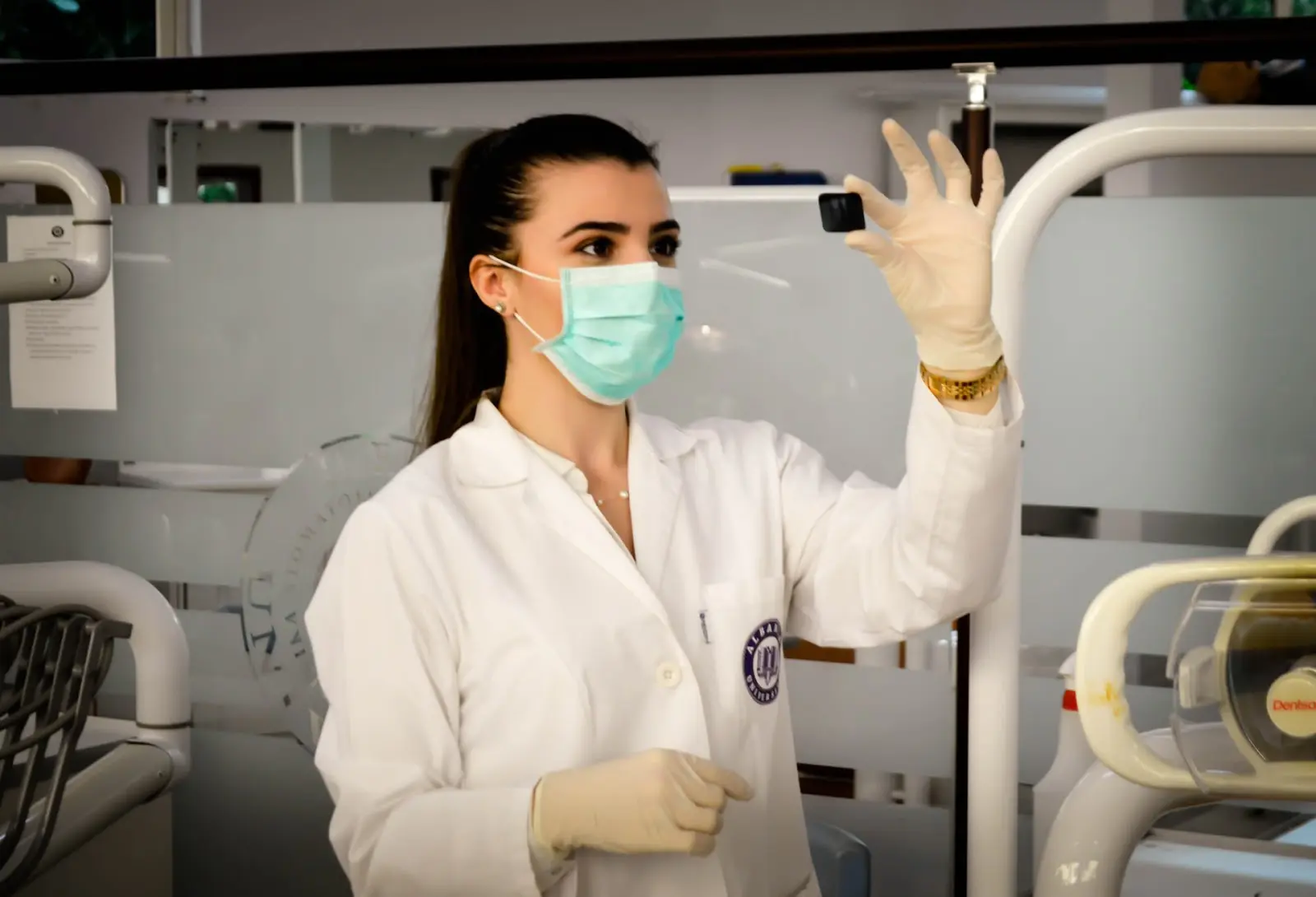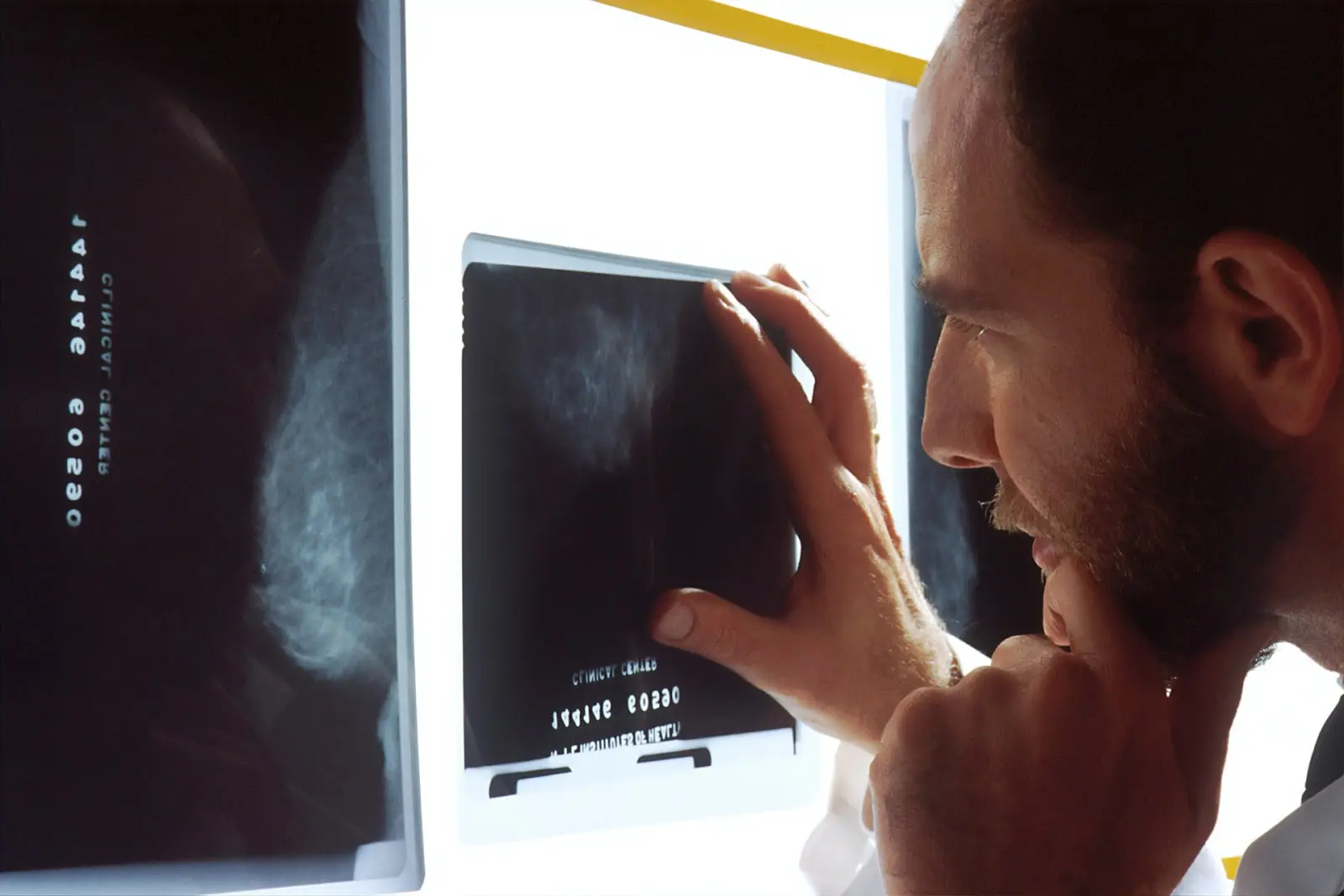Am I Right for a Healthcare Career? Five Questions To Ask
Date: June 13, 2022
Whether fresh out of school or a seasoned employee, it’s never too late to consider a healthcare career. If you’re contemplating a vocation in the field, the good news is there are multiple healthcare career offerings. Healthcare education includes more than just reading textbooks or acquiring a new vocabulary. The greatest secret to obtaining an education is a commitment to lifelong learning while being open to new techniques and medical advances.
A good program integrates hands-on training within laboratories and clinical sites while offering textbooks, lectures, charts and graphs, and work-study programs. Before embarking on your academic journey, there are some questions you should ask.
1. What is My Learning Style?
Because students learn through multiple learning styles, a healthcare program should incorporate–even celebrate different learning styles for the best training outcomes. Various venues include auditory, visual, and kinesthetic styles. Everyone has more than one, yet each person relies on a primary method of taking in and retaining information. At the same time, embarking on your educational journey is a good ROI time investment in understanding your particular learning style.
Audio Learners
Do you prefer to take in your news via daytime talk show radio? Are your earbuds always listening to podcasts? Does your mind “replay” information as you first heard it audibly? You might be an audio learner if you answered “yes” to these questions. According to Indeed.com, a job source agency, traits of auditory learners can include:
- Easy recall of spoken information;
- Good speaking/storytelling skills–conversational ease;
- Strong listening skills;
- Ease with oral exams;
- Benefits from reading aloud;
- Explains ideas verbally.1

Visual Learners
Does viewing a chart or graph help you connect the missing pieces if you have difficulty understanding a concept? Does a photo bring recall to a memory you forgot? If so, you may be a visual learner. Visual learners take in information more effectively through reading, watching videos, or viewing others perform tasks. But, they must cultivate a heightened ability to listen to directions. The traits of visual learners include some of the following:
- Like to read and take copious notes;
- Close one’s eyes to visualize or remember;
- Good spellers;
- Like to see what they’re reading;
- Value planning and organization;
- Notice details and meticulously neat appearance;
- Find something to watch when bored;
- Find quiet, passive surroundings ideal.
Kinesthetic Learners
Does a solution to a problem occur at odd times, say your morning jog? Do you learn best by just jumping in and doing it? You may be a tactile/kinesthetic learner. These individuals learn best when using their sense of touch while moving.3 If you are a tactile/kinesthetic learner, the following suggestions can help you succeed in school to the best of your ability. According to the ThoughtCo., a resource for students and parents, traits of kinesthetic learners include some of the following.
- Great hand-eye coordination;
- Quick reactions;
- Excellent motor memory (can duplicate something after doing it once);
- Excellent experimenters;
- Good at sports;
- Perform well in art and drama;
- High levels of energy.4
2. Do I Want to Invest in My Education?
Healthcare is a quickly growing field. As technology is created and implemented and science discovers new best practices, one must dedicate oneself to lifelong learning. One way to do so is through formal education. Whether learning about improved equipment that gives better insights into medical testing or reading about new and more effective medicines, one can always learn new things.
If you graduated from a diploma program, consider an associate’s or bachelor’s degree within your field. Or, if you have a degree in imaging, learn a specialization, such as the medical imaging specialty of mammography. If you aren’t sure where to begin, you can always start with a shorter diploma program and work toward more education.
Be sure to read about your prospective profession, using indexes like the Bureau of Labor Statistics and O*NET to determine job qualifications, requirements, average pay rates, job outlooks, etc. O*NET gives actual job duties, lists of tools used, and priorities within the profession. These include practical tips, such as how long you will be on your feet or which proportions of the job involve people versus machine work, computer usage versus record-keeping, recording data, etc.
3. Can I Use Technology and Read Data?
Healthcare is more and more dependent on technology. Depending on what area you wish to pursue, you can expect to use various equipment and software programs. Examples include:
- X-rays;
- MRI Scanners;
- Ultrasound Machines;
- Dental Equipment;
- EKG Machines;
- Patient Monitors.
If your career requires you to understand how to use machinery, you should also be able to interpret data produced by such equipment and respond accordingly. It will likely involve working with computers, spreadsheets, graphs, and imaging software.
4. Do I Want a Career Providing Unique Challenges?
Careers in healthcare can keep you on your feet, and each day varies greatly. One can expect to work with a variety of patients exhibiting differing needs. Depending on the workplace, one may anticipate emergencies demanding full attention and the best you can give. If there’s one constant, it is change. One should be thoughtfully organized yet flexible enough to know a well-planned day could change in a heartbeat.

5. Can I Work on a Team?
Many medical professionals enter the field because they love working with people. However, you won’t be just working with patients. Effectively serving as a team player is an essential skill. Lastly, to work in a healthcare career, one should be able to communicate professionally and effectively with other medical professionals, patients, and their families.
Conclusion
A healthcare career might be for you if you answered “yes” to any of the above questions. If so, learn more by taking our career training readiness quiz. The readiness quiz provides insights regarding your learning style, career interests, skill sets, and more.~




